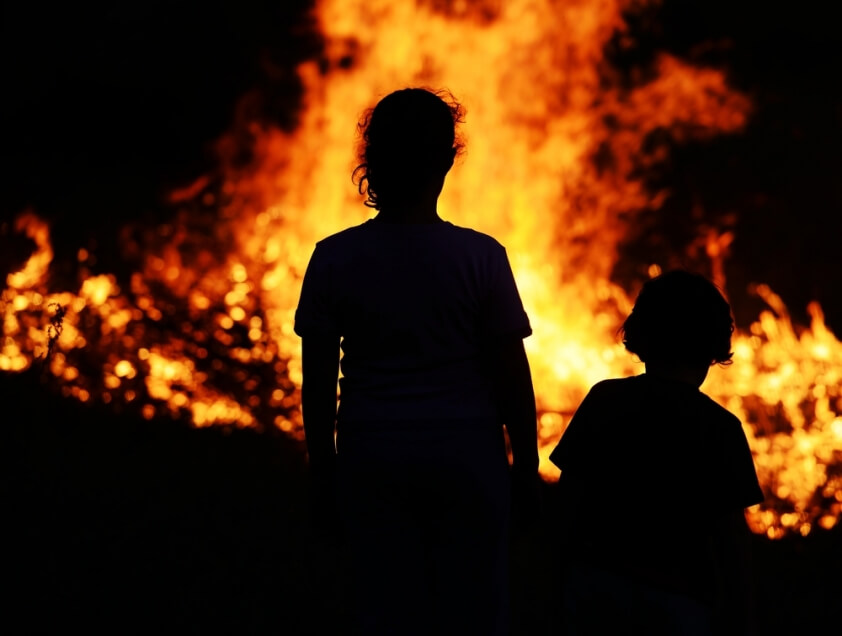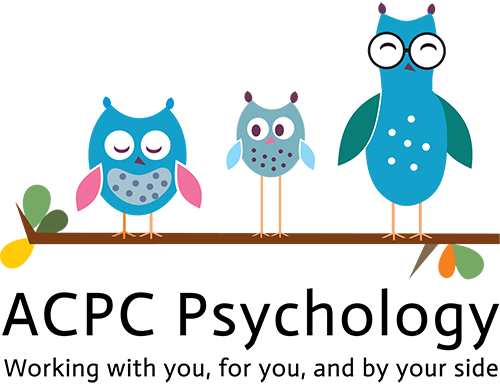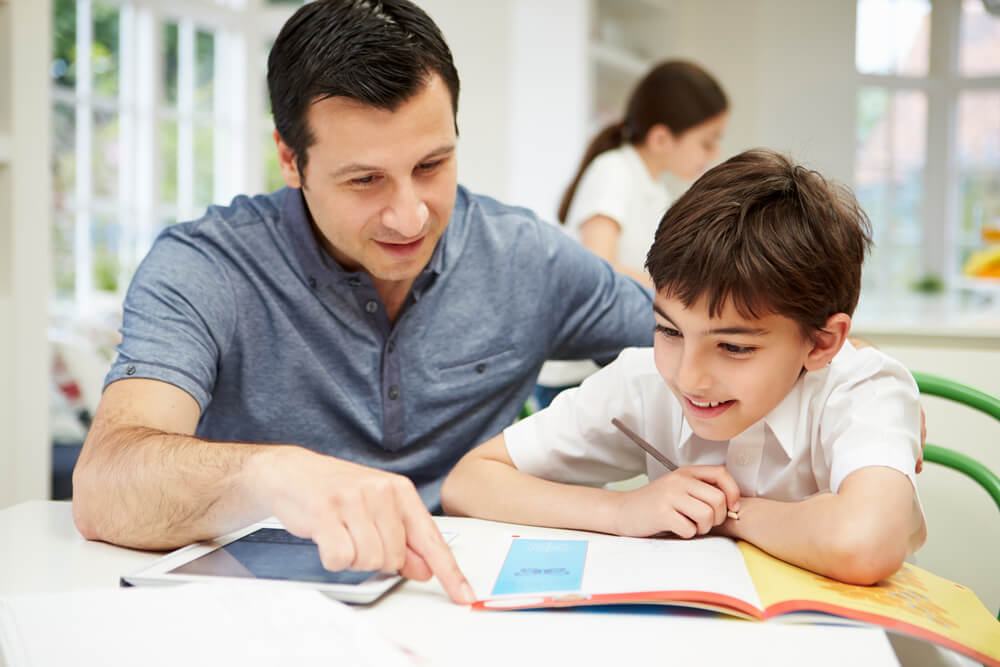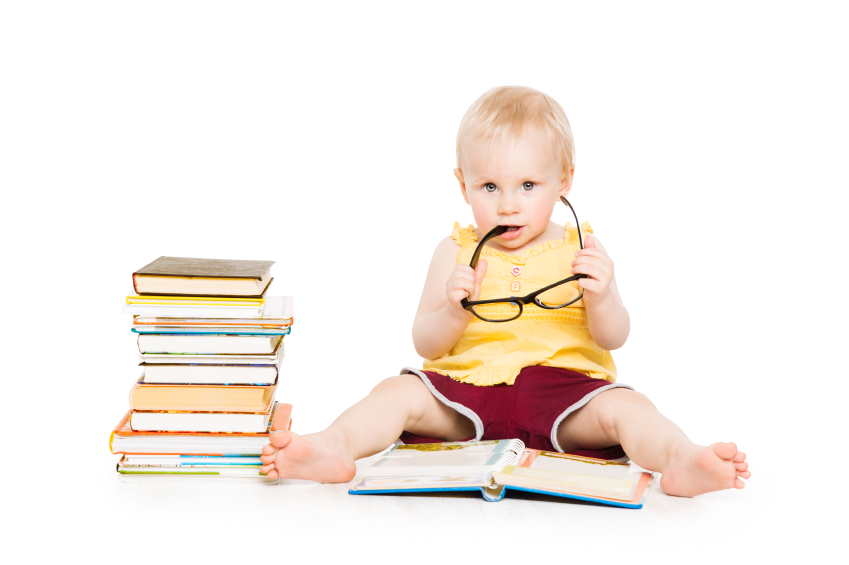Bushfires: Advice to parents of children who may have seen or been affected by bush fires.

The Australian landscape has a long history of bushfires. Although they are a natural and normal part of living in Australia, and as our population grows, they have become a more prominent feature of many people’s lives. As such, children and young people are becoming increasingly exposed to their reality, either directly through observation or via the ever increasing media channels.
What are some signs that I need to be concerned about?
Children can differ in the way they cope with significant stressors such as bushfires; some children may settle after knowing that the bush fire is ‘well under control’ and ‘a natural and normal part of life’, other children may start overthinking, which can often lead to excessive worrying and panic.
If you are concerned that your child may be part of latter group, the following are some signs to watch out for:
Ø Your child is excessively worrying about the re-emergence of bushfires despite the fire being well under control
Ø Your child is having difficulties sleeping during the night or sleeping independently
Ø Your child appears to often be thinking about the bushfires and talking about it
Ø Your child is displaying dysregulation (i.e. instability) in mood and evidence of irritability or withdrawn behaviour
Ø Your child is often complaining about bodily pains (e.g. stomach aches or headaches) in the absence of medical/ physical issues
How do I talk to my child about bushfires?
It can be very tricky to talk to children about bushfires as we often worry about ‘what to say’, ‘how much’ information they need to know and ‘how to explain it’.
The following lists some tips around speaking to your child about bushfires:
Ø Check in with how they are feeling: It is important to ask how your child is feeling and validate your child’s emotions. It is important not to dismiss feelings as children often take longer to self regulate given the intensity of such an event.
Ø Help identify their thoughts: If your child is able to articulate himself verbally, it is possible to enquire about their thoughts whilst listening attentively. If your child is having difficulties expressing her thoughts then help your child to express herself. This can be done for example by using pictures (e.g. drawing/ painting) or hands on methods (e.g. sand/ Play Doh) as it can help relax children and provide the means for them to express their thoughts and emotions.
Ø Try to develop some ‘helpful thoughts’: You can work together with your child on identifying some positive ‘helpful thoughts’ to counteract the negative or ‘unhelpful ones’. For example, if your child is thinking ‘what if something bad happens’, you can encourage them to think ‘It’s okay to be a little worried, but we have an action plan in place to stay safe!’
Ø Use age appropriate language: Depending on your child’s age or development, it is essential that you use language that your child can understand.
What can I do to help my child cope with the fear surrounding bushfires?
Ø Stay calm and positive: It is important to remember to remain calm and composed around your child. They will be paying close attention to your response, therefore, making your words and actions a key factor to their reactions.
Ø Educate them about how fires are managed: ‘knowledge is power’so it is important that you keep your child informed; you can show them the NSW fire app used to monitor the fires and check the updates along with them. Be sure to explain the risks and discuss with them what the safety plans are. In this way, they can feel somewhat involved in the process and feel empowered to take action and cope with their fears.
Also be sure to reinforce the message that fires are a normal and natural part of Australian life and that everybody experiences them together!
When do I need to seek professional help for my child?
You may want to seek professional advice should the worries about bushfires begin to disrupt your child’s functioning in any way for a prolonged period or if you require assistance in communicating with your child.
Some examples may include:
Ø Your child continues to excessively worry about the re-emergence of bushfires despite the fire being well under control, and despite talking to your child several times.
Ø Your child begins to develop other worries which starts to disrupt their independence (e.g. fear of leaving the home, or being in the home, fear of being on their own)
Ø Your child starts to have significant difficulties sleeping during the night or sleeping independently (thinking about the bushfires and fearing for safety)
Ø You continue to have concerns as to whether your child is coping with the fears about bushfires and is seemingly ‘stuck’ on this worry
Ø Your child’s functioning is impacted in any way (e.g. going places without parents, play dates/ birthday parties, attendance to school)
Ø You require assistance on how to help your child challenge her worries about the bushfires and would like specific methods on how to communicate with your child.
Who can I contact?
If you are concerned about your child, you can receive support and assistance from:
· Your local General Practitioner: may be able to assess whether your child needs individualised services to assist with any emerging anxiety or fear
· By contacting KidsHelpline: Tel: 1800 55 1800
· Accessing services from you local psychologist through Australian Psychological Society https://www.psychology.org.au/Find-a-Psychologist
Authored by: Azza Brown. M.Psychol (Ed&Dev) (Clinical), PGDip (Psych), Bsc (Psych)
Educational, Developmental Psychologist, Clinical Psychologist MAPS, CCP, CEDP



